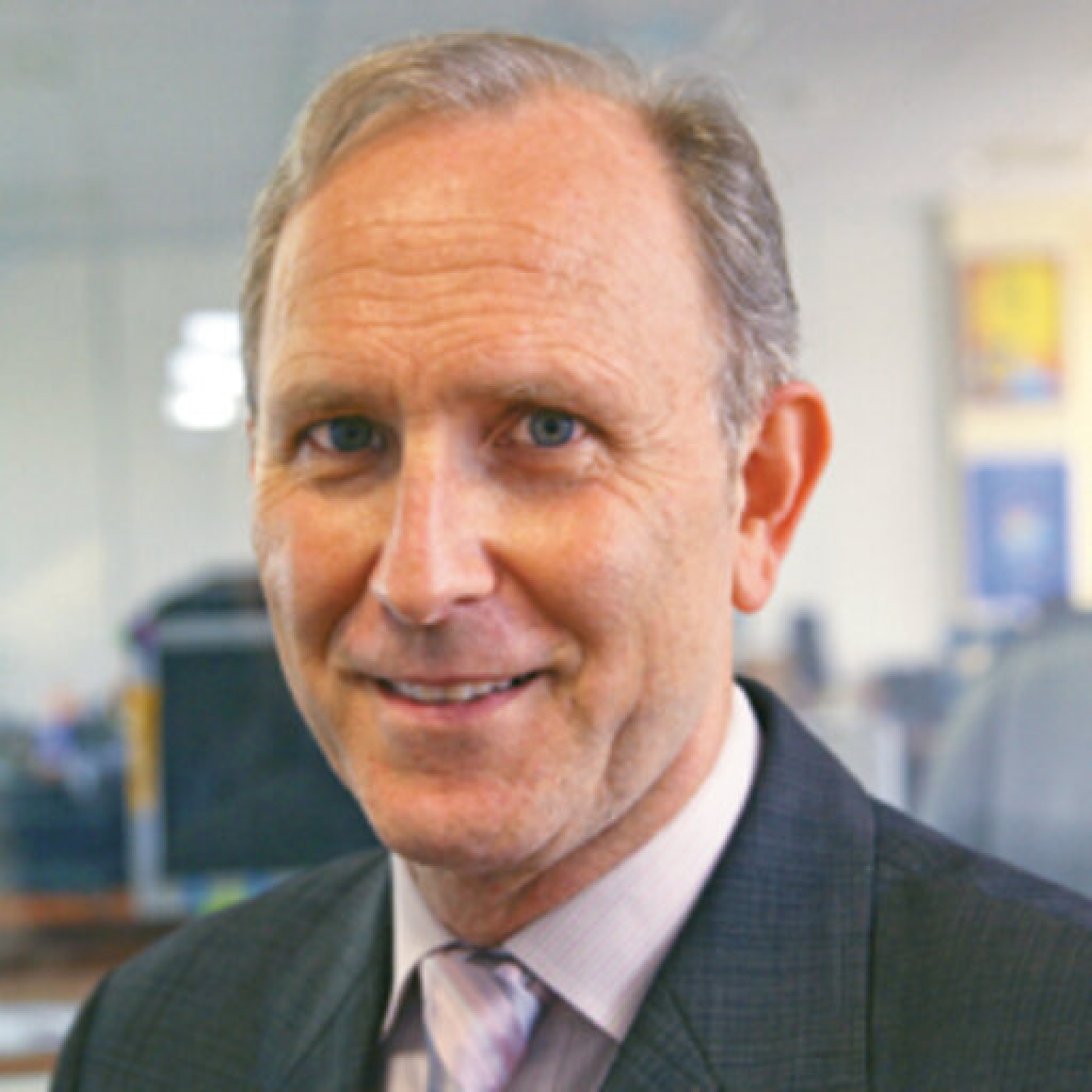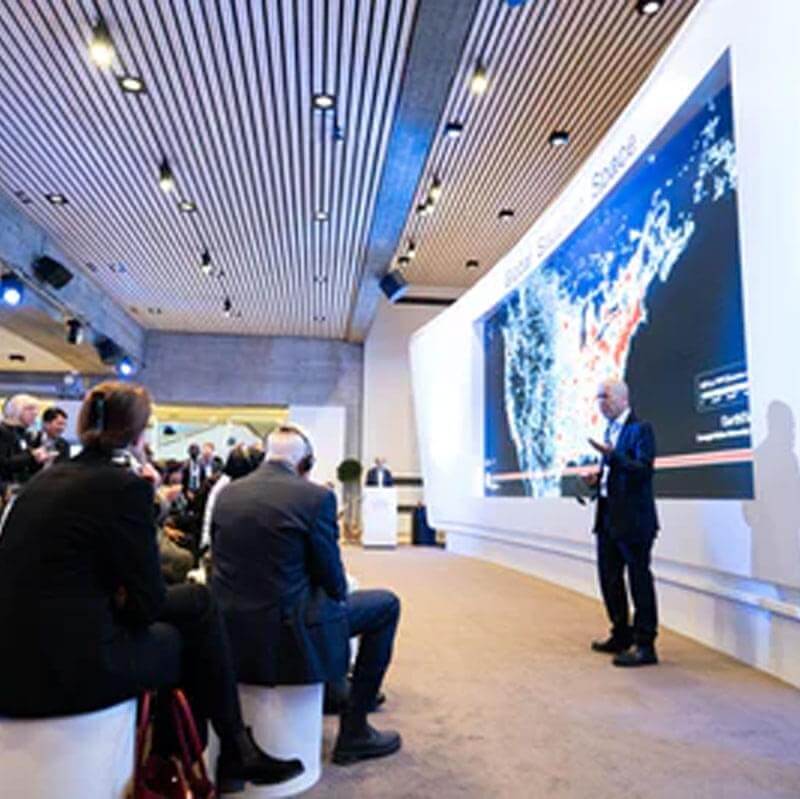Subtotal: $99.97

Prof. Joseph Alcamo
Head of the Sussex Sustainability and Research Programme University of Sussex, UK
Biography
Joseph Alcamo is Professor of Environmental Systems Science (School of Global Studies, Geography Dept.) and the Director of the Sussex Sustainability Research Programme (SSRP) at the University of Sussex, UK.
As SSRP Director he leads a multi-faceted research effort to provide "Science for the SDGs". The SSRP has been a crucible for innovative ideas related to the SDGs and sustainability: SSRP researchers have developed the idea of “synergy drivers” – an approach to achieving multiple SDGs. They have elaborated the concept of “critical transition zones for SDGs” – e.g. forest margins and peri-urban areas. They have developed innovative project designs that simultaneously achieve both forest conservation and public health goals in Papua New Guinea. They have advanced both climate and food security goals through new, participative designs of early warning systems in Kenya and South India. They have advanced goals for human rights and conservation of forests in several community-based studies in Ecuador, Peru, and elsewhere in Latin America.
During 2009-13 Joseph served as the first Chief Scientist of the United Nations Environment Programme (UNEP) and was the first to hold a chief scientist post within the UN system. While at UNEP he brought together large groups of scientists to produce high profile reports for policymakers on climate change, air pollution, ozone layer depletion, and food security issues. Also at UNEP, he played a major role in founding the international Climate and Clean Air Coalition, an alliance of governments and non-state partners dedicated to fast action on pollutants that cause both air pollution and climate change
At UNEP he also played a strategic role in the international climate negotiations leading up to the Paris Agreement as initiator of UNEP's flagship “Emissions Gap” report which each year presents a highly publicized “scorecard” of whether country commitments are adequate to reach climate goals. After UNEP, Joseph contributed to negotiations of the Paris Climate Agreement via his UN post as Special Science Advisor to Christiana Figueres, the head of negotiations. As a climate researcher, he has been active in the Intergovernmental Panel on Climate Change (IPCC) since 1993 and was cited as a contributor to the Nobel Peace Prize won by the IPCC in 2007.
As an environmental systems scientist he has published extensively in the areas of climate impact research, global modelling of the environment, integrated assessment modelling, and environmental scenario analysis. He has published six books on environmental themes, including a book on scenario analysis (“Environmental Futures”), and three books on climate change science and policy, the latest a Wiley book on “Life in Europe Under Climate Change”. He was co-founder of the two largest global change research alliances, the “Earth System Science Partnership” (2006) and “Future Earth” (2010-11). He was co-founder and co-chair of the first global water research programme of the international research community (Global Water System Project) (2004-2010).
In the 1980s he played a major role in the development of the RAINS model at the International Institute of Applied Analysis in Vienna. RAINS was one of the first international environmental assessment models, and was used to provide essential input to international negotiations to control acid rain and transboundary air pollution in Europe. In the 1990s he led a large research team in The Netherlands in developing the IMAGE 2 model, one of the first integrated global climate change models. The IMAGE 2 model was used to articulate the connection between global emissions, climate change, and its impacts, and provided major input to the Kyoto Protocol negotiations and other climate policy discussions.
Later in the 1990s he became Professor and Director of the Center for Environmental Systems Research at the University of Kassel in Germany. In Kassel he led the development of the WaterGAP model, one of the first global hydrology and water system models. WaterGAP was used in several UN and other international studies in the early 2000s to make among the first estimates of global water scarcity. His current research focus is on the "Global Water Quality Challenge" and numerical modelling of water quality in low and medium income countries.
For his research he has received several awards including the international Max Planck Research Prize in physics and geoscience for contributions to the development of integrated modelling of the environment, and the “Grand Prix des Lumières de l’Eau de Cannes” for contributions to global water research.
He was born and raised in New York City and was listening to Joe Cocker at Woodstock in 1969 when the rains started coming down.




